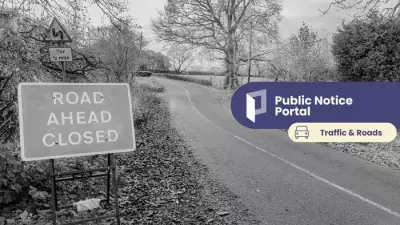
The Department for Work and Pensions (DWP) is rolling out significant changes to how State Pension payments are processed, affecting millions of retirees across the United Kingdom. This overhaul represents one of the most substantial updates to the pension system in recent years.
What's Changing in Your State Pension?
The transformation centres around modernising the payment infrastructure that handles millions of pounds in pension disbursements every week. The DWP aims to streamline operations and enhance the reliability of payments reaching pensioners' accounts.
While the department hasn't disclosed the exact technical details, insiders suggest the changes will affect how payments are processed, verified, and distributed. The goal is to create a more efficient system that reduces errors and delays.
Why This Matters For Pensioners
For the average pensioner, these changes could mean:
- More reliable payment dates with reduced risk of delays
- Enhanced security measures to protect against fraud
- Improved accessibility for pension queries and support
- Future-proofing the system for coming demographic challenges
Timeline and Implementation
The DWP is taking a phased approach to implementation, ensuring minimal disruption to existing payments. The transition period will allow for thorough testing and adjustment before full rollout.
Pension experts recommend that retirees:
- Keep their contact details updated with the DWP
- Monitor their bank accounts around payment dates during the transition
- Report any irregularities immediately
- Stay informed through official DWP channels
The department has assured pensioners that payment amounts will remain unaffected by these administrative changes, and the famous 'Triple Lock' guarantee continues to protect the value of State Pensions against inflation.
Looking Ahead: The Future of UK Pensions
This modernisation effort signals the government's commitment to maintaining a robust state pension system amid growing pressures. With an ageing population and economic uncertainties, ensuring the administrative backbone of pension payments remains fit for purpose is more critical than ever.
The changes come at a time when many pensioners are already facing financial pressures due to the ongoing cost of living crisis, making payment reliability particularly important.





